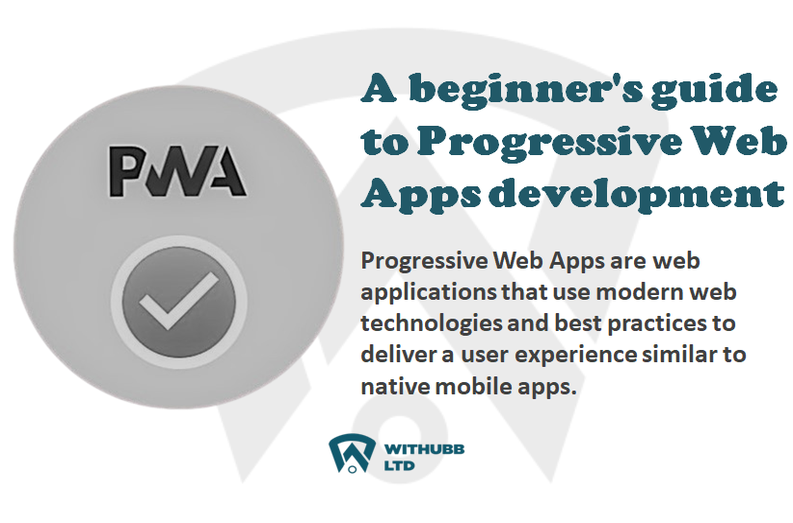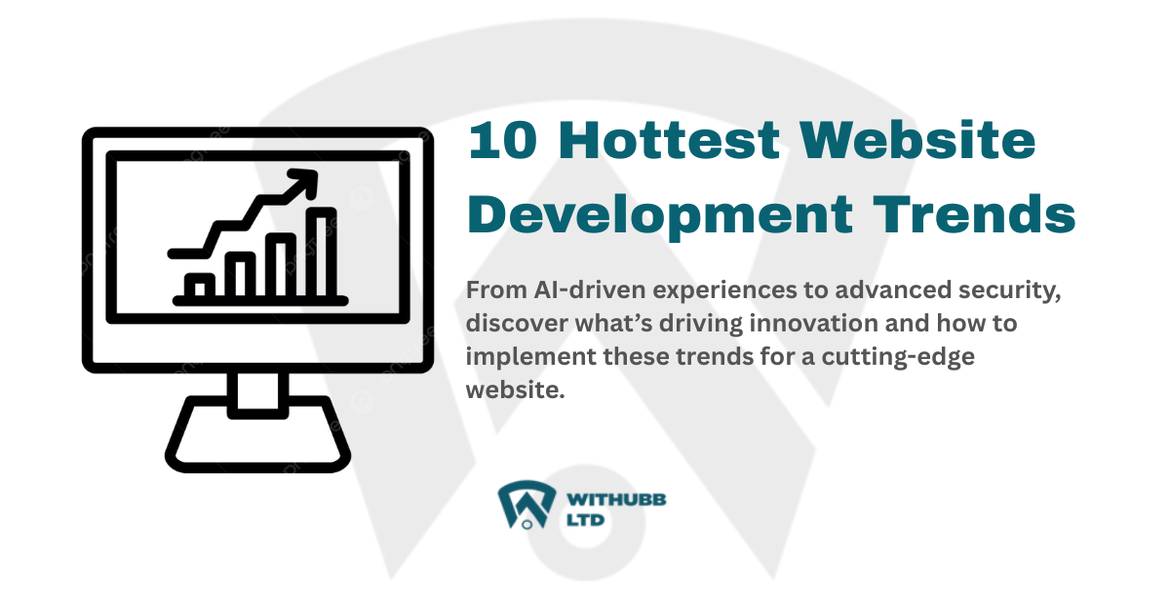Why local SEO is Important for your Business Website

Understanding Local SEO: What It Is and Why It Matters
Local SEO, or local search engine optimization, refers to a focused digital marketing approach that helps businesses become more visible to customers in their specific geographic area. Unlike general SEO, which aims for broader reach and visibility, local SEO zeroes in on audiences who are searching for services or products near them. This is particularly essential for small and medium-sized businesses with a physical location or those serving a specific region.
When someone types in a query like "bakery near me" or "best plumbing service in [city name]", Google pulls up search results tailored to the user’s location. These local results are influenced by several factors—proximity, relevance, and prominence. A well-optimized business for local SEO stands a better chance of showing up in these results, particularly in the highly-coveted “local pack”—the top three listings that appear right under the map in a Google search.
Local SEO matters because it taps into the intent of users who are ready to take action. These are people who are actively looking for what you offer, often with immediate plans to visit a store, book a service, or make a purchase. So, when your business ranks well in local searches, you're not just getting seen—you’re connecting with customers who are more likely to convert.
For many businesses, especially those in competitive local markets, being visible on search engines at the right time can be the difference between gaining a new customer or losing them to a competitor. Through investing in local SEO, you're not just increasing visibility; you're positioning your business right in the path of active, high-intent local customers.
How Local SEO Can Drive More Traffic to Your Business Website
One of the most significant benefits of local SEO is its ability to bring targeted traffic directly to your business website. Unlike broader marketing strategies that aim to reach wide audiences—many of whom may not be interested in your offerings—local SEO ensures that your business is seen by people who are actively searching for services or products you provide in your area. This level of precision helps you attract high-quality traffic that is more likely to convert into real customers.
When your website is optimized for local search terms, it starts appearing in organic search results for relevant queries made within your region. These might be specific searches like “emergency locksmith in downtown [city name]” or general searches such as “cafes near me.” Google’s algorithm picks up on the geographic intent of these searches and prioritizes showing results that match the location and service.
This means your business has a strong opportunity to appear at the exact moment a potential customer is looking for what you offer. And because local SEO targets users with clear intent, this often leads to more phone calls, online bookings, and in-person visits. Traffic generated from local search tends to be more action-oriented—people don’t just browse; they take steps quickly, which gives local SEO a distinct edge over traditional traffic channels.
Moreover, many users skip paid ads altogether and trust the organic results, especially those highlighted in the local map section. By optimizing your website and local profiles, you stand a better chance of capturing this valuable traffic without having to spend heavily on ads.
In addition to direct traffic, local SEO also boosts brand awareness within your community. As your business appears more consistently in search results, local customers begin to recognize your name, associate it with your services, and may even recommend you to others—all of which add up to sustainable, long-term growth fueled by highly relevant traffic.
The Key Elements of a Successful Local SEO Strategy
Building a strong local SEO presence doesn’t happen by accident—it requires deliberate effort across several key areas that all work together to improve your visibility in local search results. Understanding and applying each of these components correctly can improve how your business performs online and how effectively it reaches nearby customers.
1. Keyword Research
One of the foundational steps in local SEO is local keyword research. This involves identifying the search terms your target customers are using when looking for services like yours in their area. These keywords often include geographic modifiers such as city names, neighborhoods, or even zip codes—terms like “best dentist in Uptown Chicago” or “affordable car repair [City Name].” Incorporating these localized keywords naturally throughout your website content, meta descriptions, headings, and URLs helps search engines associate your business with those areas.
2. Google My Business
Another critical element is Google My Business (GMB) optimization. GMB is one of the most powerful tools in your local SEO arsenal. Claiming and optimizing your GMB listing allows your business to appear on Google Maps and in the local pack results. Ensure your profile is complete with accurate contact information, business hours, service categories, photos, and even regular updates or posts. A well-maintained GMB profile signals to Google that your business is active and reliable, increasing the chances of being shown to local searchers.
3. Citations and Backlinks
Citations and backlinks are equally important. Citations refer to any online mention of your business name, address, and phone number (NAP), and they should be consistent across all platforms—directories, social media, and business listings.
Inconsistencies can confuse search engines and hurt your rankings. Backlinks, on the other hand, are links from other websites pointing to yours. Local backlinks from community websites, local blogs, or news publications are especially valuable for boosting your domain authority and signaling local relevance to search engines.
4. SEO Optimization
On your website itself, on-page SEO for local businesses plays a big role. This includes optimizing your homepage and service pages with local keywords, creating location-specific landing pages if you serve multiple areas, and embedding a Google Map with your location to improve trust and usability. Structured data, or schema markup, can also be added to help search engines understand your content more effectively, such as your address, operating hours, and reviews.
Finally, mobile optimization for local searches is non-negotiable. A huge percentage of local searches happen on mobile devices—often on-the-go—so your website must be responsive, fast-loading, and easy to navigate. A frustrating mobile experience can drive potential customers away, even if you rank high in search results. Prioritizing a mobile-friendly design helps keep visitors engaged and encourages them to take action right from their phones.
When these elements are integrated into a cohesive local SEO strategy, the result is a business that shows up more often, more prominently, and more confidently in front of the right people at the right time.
The Role of Online Reviews in Enhancing Your Local SEO Efforts
When it comes to local SEO, online reviews are more than just feedback—they’re tools that can shape how both customers and search engines perceive your business. When managed well, reviews have the ability to elevate your business in local rankings, build trust with potential customers, and even influence purchasing decisions in ways that traditional marketing can’t always achieve.
Reviews and Local Rankings:
Search engines like Google take online reviews seriously as part of their local ranking algorithm. A business with a steady flow of positive, authentic reviews signals to Google that it's active, relevant, and providing valuable service to its community. This can lead to improved visibility in search results—especially within the local map pack, where reviews and star ratings are front and center. It’s not uncommon for businesses with better review ratings to outrank competitors even when other factors are similar.
Reputation Management:
Beyond visibility, reviews play a direct role in reputation management. People rely heavily on what others say before deciding to engage with a business. A handful of strong, recent reviews can do more to build customer confidence than any advertisement ever could. They give real-world social proof that your business delivers on its promises, and they offer insights into what your customers value most about your service.
Encouraging Reviews:
Encouraging reviews should be part of your ongoing local SEO strategy. This doesn’t mean asking for fake reviews or pushing every customer aggressively. Instead, develop thoughtful review generation strategies that are built into your customer journey—such as follow-up emails, polite requests after service delivery, or reminders at checkout. The goal is to make it easy and natural for satisfied customers to share their experience.
Responding to Reviews:
But it doesn’t stop at just collecting reviews—you also need to respond to them, both the good and the not-so-good. Acknowledging positive feedback shows appreciation and encourages others to leave their own. Responding to negative reviews professionally, without defensiveness, demonstrates your commitment to customer service and can turn a poor experience into a chance to build credibility. In many cases, how you respond matters more than the review itself.
Diversifying Review Presence:
It’s also important to diversify your review presence across different platforms. While Google reviews are crucial, platforms like Yelp, Facebook, Trustpilot, and industry-specific directories contribute to your online footprint and can influence rankings and customer trust. Each new review adds to your business’s overall visibility and helps build a trustworthy online reputation that supports your long-term SEO success.
Common Mistakes to Avoid in Your Local SEO Approach
Local SEO has the potential to transform the visibility and growth of your business, but only when it’s executed correctly. Unfortunately, many businesses fall into traps that not only limit their progress but sometimes reverse it entirely. Being aware of these common missteps can help you sidestep setbacks and keep your local SEO strategy on solid ground.
1. Using Ineffective Local Keywords
One of the most frequent mistakes is using the wrong or ineffective local keywords. It’s not enough to include general industry terms—you need to target what your potential customers are actually typing into search engines when looking for services in your area. Failing to do this means your site may show up for the wrong audience or not show up at all. Keyword research should be local-specific, incorporating neighborhood names, city terms, and even local slang if relevant to your audience.
2. Neglecting Local Users
Another overlooked issue is neglecting mobile users. A massive percentage of local searches happen on mobile devices—think of someone looking for a nearby coffee shop or plumber while on the go. If your website isn’t mobile-optimized with fast load times, responsive design, and easy navigation, you risk losing not only traffic but also valuable conversions. Users will simply bounce to a competitor’s site that offers a smoother mobile experience.
3. Inconsistent Business Information
A third pitfall is inconsistent or incorrect business information across platforms. Your business name, address, phone number, and other details (often referred to as NAP data) must be uniform wherever they appear online. Discrepancies between your website, social media pages, directories, or map listings can confuse search engines and lower your credibility in their ranking systems. Always monitor and maintain consistent listings to avoid sending mixed signals about your business.
4. Ignoring Analytics
Then there’s the mistake of ignoring analytics and performance data. It’s tempting to “set it and forget it” once you’ve implemented a local SEO plan, but failing to check how it’s performing means you’re missing out on valuable insights. Tools like Google Analytics, Google Search Console, and platform-specific dashboards help you track visitor behavior, page performance, and search visibility. If something isn’t working, these tools give you the clues to make better decisions and adjust your strategy.
5. Overlooking Reviews
Another big one: overlooking reviews or failing to manage them properly. As we explored earlier, reviews can either build your business or drag it down. Not engaging with your customers after they leave reviews—especially negative ones—sends a message that you don’t care about their feedback. This not only impacts your online reputation but can also affect your search engine visibility and trustworthiness.
Finally, many businesses fall into the trap of trying to do too much at once, jumping into complex tactics before mastering the basics. Local SEO isn’t about shortcuts or trendy hacks—it’s about building a strong, lasting foundation. Skipping steps like proper on-page SEO, verifying your Google Business Profile, or structuring your content clearly can limit all other efforts.
Avoiding these common mistakes means giving your business the best possible chance to stand out in local search. With the right focus, ongoing attention, and willingness to improve, your local SEO strategy can evolve into a powerful growth engine for your business.
Final Take
In the broader conversation about business visibility, one truth remains constant: visibility without relevance holds limited value. It is not enough to simply appear online—your presence must resonate with those who are closest to your business, the individuals actively seeking the solutions you provide within your community. This is where local SEO becomes not just a strategy, but a long-term commitment to meaningful growth.
There is quiet strength in showing up—consistently and intentionally—for the people around you. It may not involve large-scale campaigns or widespread attention, but it fosters trust in a way that mass marketing often cannot. A well-placed listing, a timely review response, or accurate business information may seem like small efforts, yet they carry significant weight in shaping how your business is perceived and engaged with.
While many businesses chase scale, those that endure are often the ones that invest in depth—depth of presence, of connection, of understanding the community they serve. Local SEO enables this depth. It allows your business to not only be found but to be chosen, remembered, and trusted.
Perhaps growth is not always about reaching farther, but about becoming more deeply rooted. In the habits, searches, and trust patterns of the very people your business was created to serve.
Want to Build Something Amazing?
We prioritize your business success and we deliver faster. Our services are custom and build for scale.
Start nowMore Articles

Making Money with Domain Names: A Guide to Buying and Selling Premium Domains
6 days, 11 hours ago · 10 min read
JavaScript for web development and programming. (Importance, Features, Roles of JavaScript in web development)
1 week, 2 days ago · 8 min read
How to Integrate Payment Gateways into a Website ?
2 weeks, 2 days ago · 11 min read
Object-Oriented Programming (OOP) Meaning, Principles, Benefits.
3 weeks, 6 days ago · 7 min read
Security Best practices In web development
1 month, 1 week ago · 9 min read
A beginner's guide to Progressive Web Apps development (PWA)
1 month, 1 week ago · 5 min read
Types of websites with examples
1 month, 1 week ago · 10 min read
10 Hottest Website Development Trends You Can’t Ignore in 2025
1 month, 1 week ago · 10 min read
How to Set Up Django with PostgreSQL, Nginx, and Gunicorn on Ubuntu VPS Server
1 month, 2 weeks ago · 12 min read
Best Domain Extension Guide: .com vs .net vs .org vs .ng (2025)
1 month, 2 weeks ago · 6 min read
x
